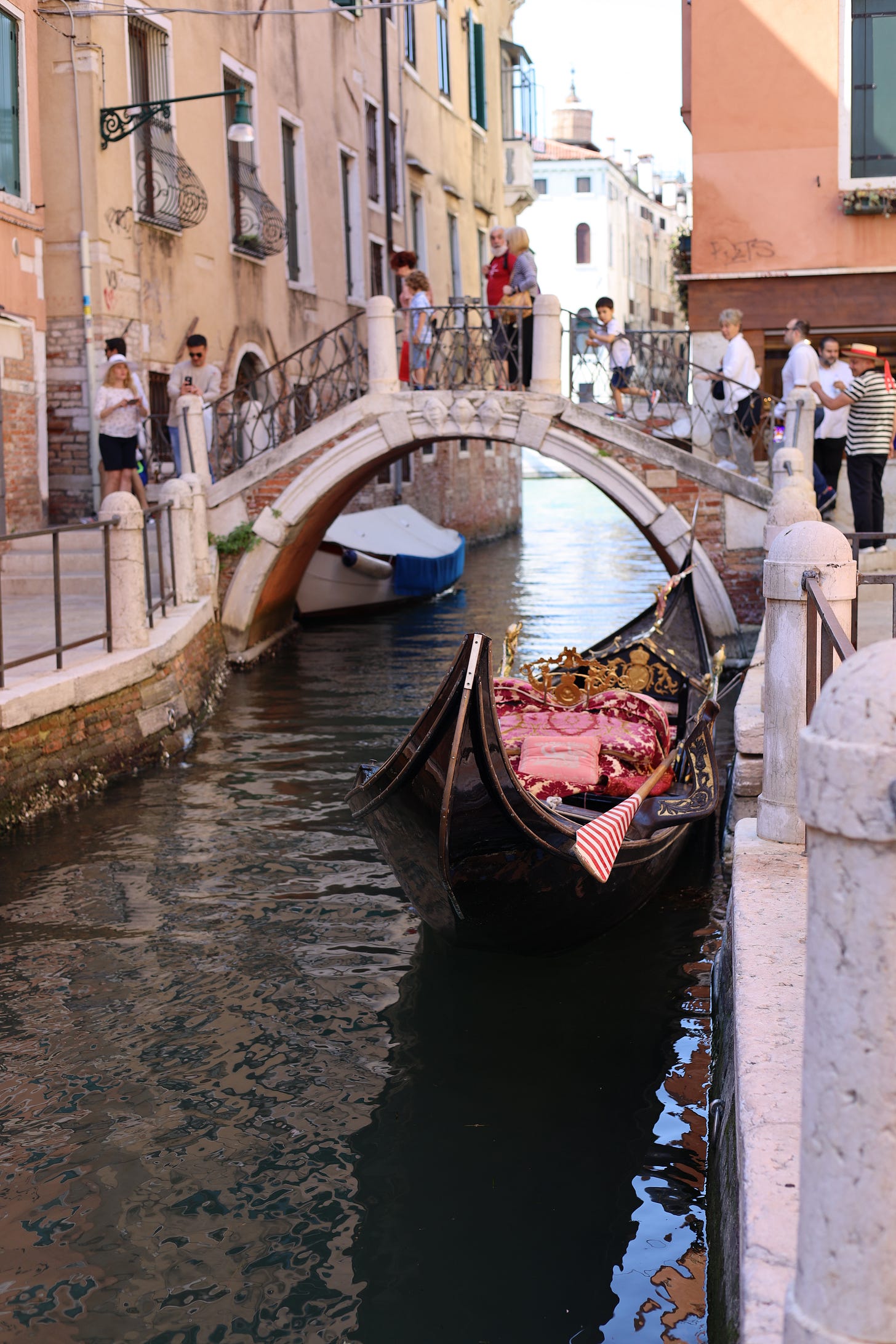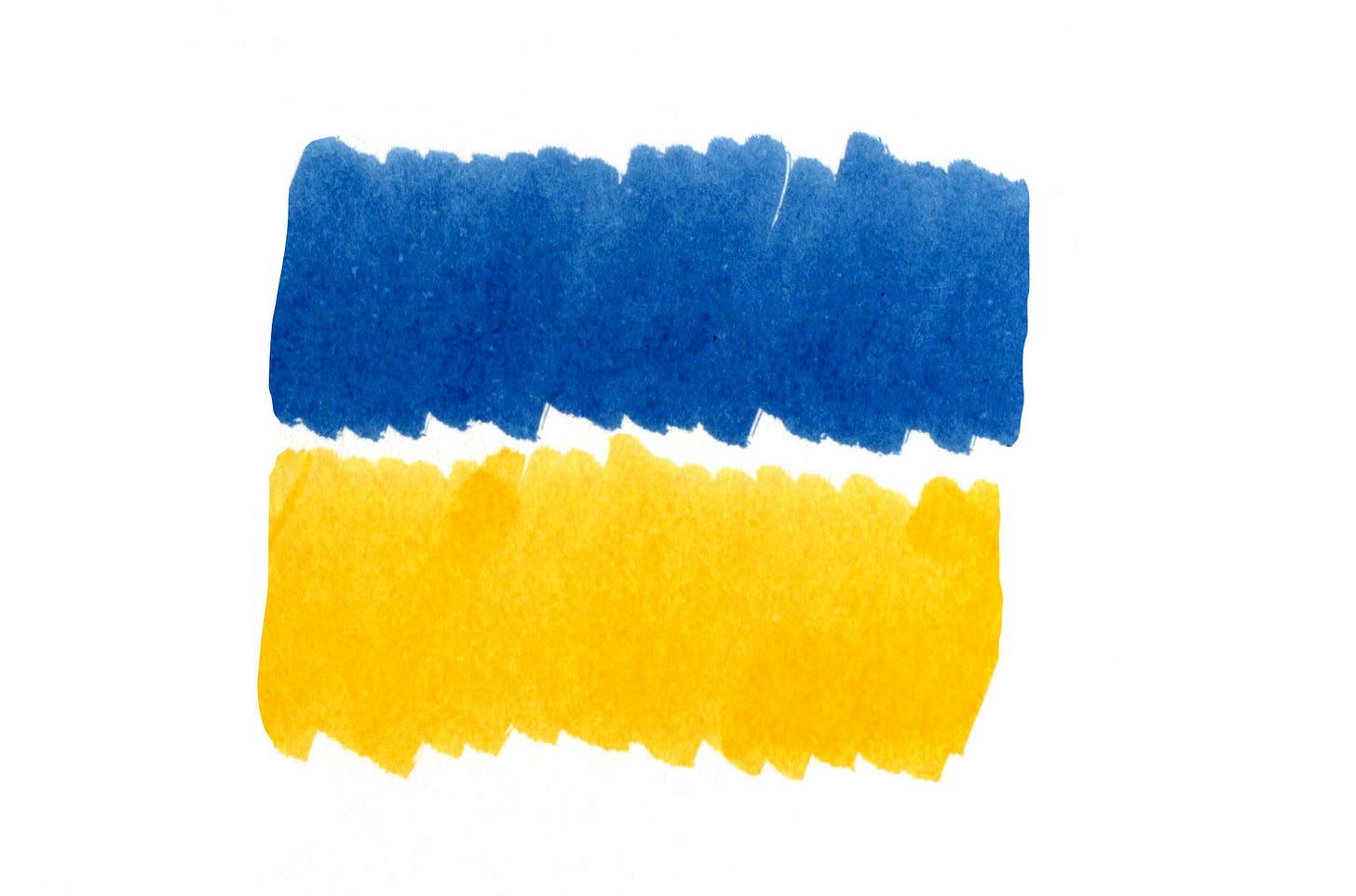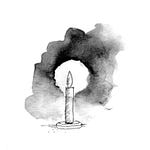Prior to the pandemic Barcelona received around 30 million tourists per year. Venice, La Serenissima, receives around the same level according to most estimates. While the influx of tourists is a boon in economic terms, there are also negatives for the local populations. Neighbourhood grocery stores have become souvenir shops, prices have risen on everything from beer to real estate, menus have changed to cater to the tourists’ tastes, and long term rental accommodation has disappeared. The inevitable end point is that these cities will no longer be fit for purpose, not for the residents who want to live there, nor for the tourists who travel to experience their cultures.
That seemed inevitable that is, until the pandemic. The pandemic stopped tourism overnight. That disruption gave the citizens of these cities the time and space to evaluate what had become of their hometowns. It was a chance to set in place plans for changes that would not only preserve their cities’ cultural integrity but ensure that residents would not be priced out of their own houses.
In Venice, community groups lobbied for a more sustainable economic model that diversified away from tourism. A tourist tax was announced to curb the flow of visitors. In Barcelona, the Mayor argued for a limit on the number of cruise ships allowed to dock. Plans were announced to ban the renting out of private rooms on airbnb. These changes would mean turning their backs on an economic model that had brought both cities great fortunes, but to survive, to preserve the cultural richness of their cities, their identities, they knew they had no option but to change.
Early on in Clean Straw For Nothing (a book I wrote about in an earlier post) Meredith is told by a friend: “You must always be rushing from what? And to what? You’re running away from yourself and the first thing you do is unpack your bag and take yourself out.” Well, after leaving the office I rushed to the North Coast of New South Wales, unpacked my bag and there I was, freshly washed and neatly folded, but unmistakably me. Quitting my job hadn’t changed who I was. And it didn’t make me happy. For a few weeks I experienced a slight bump of satisfaction but at the first sign of turbulence, I fell back into the familiar feelings of irritability and discontent. I was still the same old me.
It was disconcerting. It wasn’t supposed to be like this. In my mind, I’d quit my job, escape from the city and write my books. And most importantly I’d be happy, something I hadn’t been for a long time. But that didn’t happen. All I’d done was change my external circumstances. If I was going to feel like this, I may as well be back in an office, where I at least received a wage every two weeks. If my escape from the office was to mean anything, I would have to make more changes.
When I told a close friend of my intention to quit my job, I put it in these terms. “I am preparing to make a radical change.” My friend responded, “Ryan, your whole career has been one of radical change.” Now, I would contest that I have never had a career, just a series of things that I’ve done for a while, justifying my choices with the Oscar Wilde saying that consistency is the last refuge of the unimaginative. But in essence my friend was right. Big, external changes have never held any fear for me. Change countries, change languages, change jobs. Easy.
Little changes are another story, those little changes that make up the minutiae of life. We are not doing it that way anymore, we are doing it this way. We’re not going there now, we’re going here. We’re no longer leaving at 8, we’re leaving at 9. Those kinds of changes. I’ve lied about this for years, blithely writing on numerous CVs that “I embrace change”, that I’m “comfortable with change”, that I “thrive on change”. But I don’t. I hate it. Can’t stand it. It makes me anxious. Most of the time I wish that the little things would just stay the bloody same.
And then there is internal change. I’ve lived my adult life holding tight to the belief that who I am is who I am, that it’s set in stone, nothing to be done. And hey, it got me here (wherever that is) so how bad can I be?
The reality is, I feared making changes. To change would mean losing something of my essence, as if I would be denying a part of who I was. Change one thing and I may just unravel completely. Change was a bad thing, as if I were turning my back on my authentic self. Nobody was going to look down their nose at me and say, “Well, you’ve changed.” And isn’t sticking to your guns, a good thing? I persisted in this way of thinking even as I hurt the people I loved the most.
The man I had become was the result of the life I had lived and the choices I had made. Each experience and decision over the decades was another layer of clothing that I had pulled on, that had served me well at the time, protected me or defended me, won me friends or advanced my interests. But there came a moment of clarity earlier this year when I realised that I wasn’t happy because the person I had become, was no longer fit for purpose for the life I wanted to live and for the relationships I wanted to have. I was dressed for winter, and it was mid-summer. I needed to shed the layers I had spent years accumulating.
The changes seemed easy: Deal with my frustrations, be less defensive, less judgmental and, most importantly for someone whose favourite word in the English language has always been the last word, I needed to become a better listener. People close to me had been telling me this for years: family, friends, colleagues, people I had paid to tell me how to be happier, but I never listened. I could only contemplate change when I believed it for myself, when I saw for myself what needed to be done, to not only find some level of contentment but to be a better person for others to be around.
Quitting my job was never going to make me happy and it was silly to think that it would. But, like Barcelona and Venice at the outbreak of the pandemic, what it did do was provide me with the time and space to see what needed to be done. I would never have got to this point of acceptance if I had not quit my job. Work was a convenient excuse for avoiding introspection, a scapegoat for however I happened to be feeling that day. It was easy to say that I was irritable or feeling down because I’d had a bad day at the office. By taking away that easy excuse I was forced to confront reality.

It’s now late June. We are on the threshold of the European summer holiday season. The tourist tax for Venice was scrapped a few weeks back. It is easy to see why when you read that one of the men lobbying for a curb on tourism in Venice also has three bedrooms for rent on Airbnb. In Barcelona, the cruise ships are already docking, their numbers unchecked. Restaurants that have been closed for the winter are opening up, putting out signs in English that read “Traditional Catalan Cuisine”, a sure sign that they do not serve traditional Catalan cuisine.
I can’t blame these cities. They evolved and adapted to meet the opportunities presented. To wind that back is hard. Change is hard. Even knowing that you must change doesn’t make it any easier. It is hard for these cities, and it is even harder for us as individuals. But there is a difference. Barcelona and Venice have a lot to lose by changing, we have a lot to lose by not changing. To fulfil our purpose, to maintain healthy relationships, be good partners, good friends, good parents, we need to be able to change. I confess that I’m not there yet, there is a long way to go. There always will be. But whereas I used to think that change would destroy me, now I see it as the only way to keep the things I love, and today that feels like a small victory.
If you enjoyed this post please hit the heart button, leave a comment or share it with someone you think may enjoy it too. Doing so helps other people find it on Substack but more importantly it gives me great satisfaction to know that there are people out there who are giving up a few precious minutes of their day to read and enjoy these words. As always, thanks for reading.















